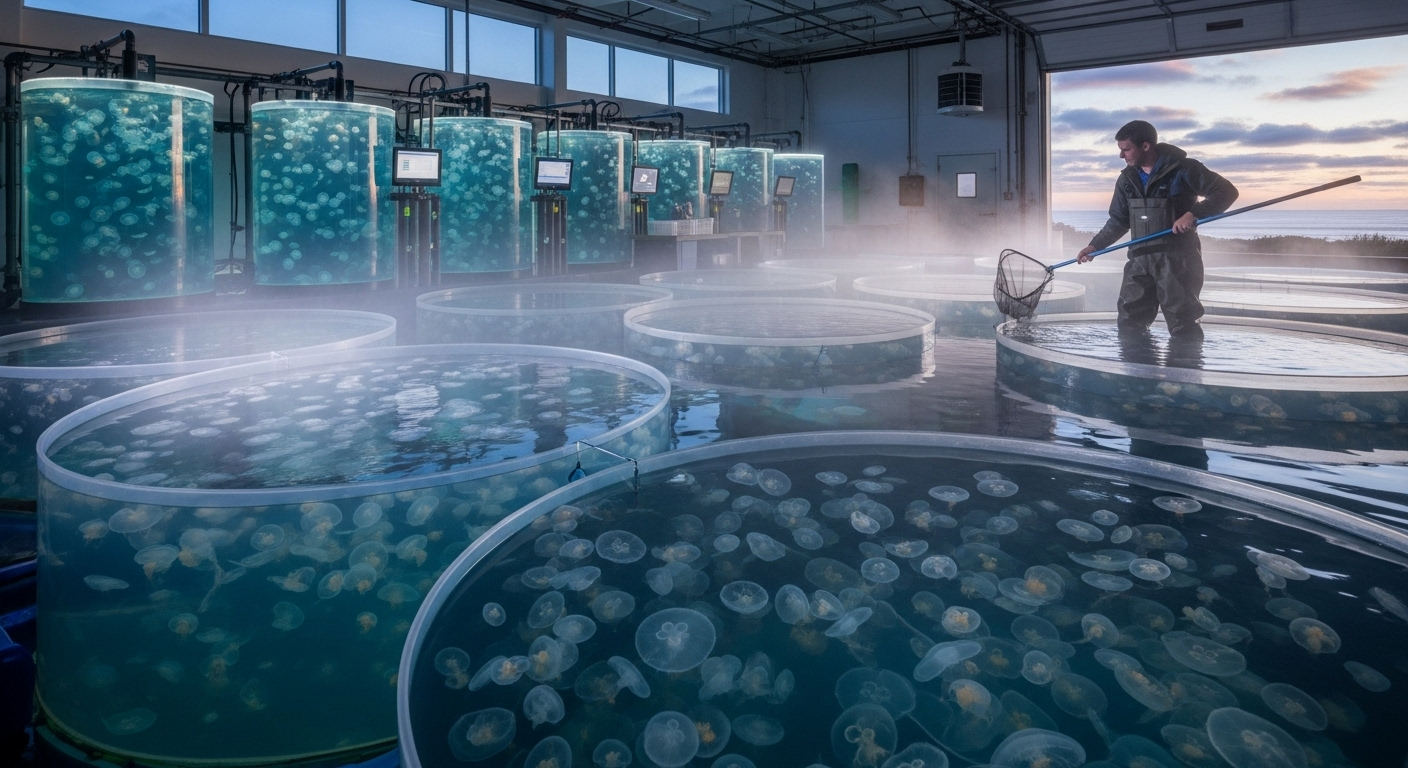Exploring Career Opportunities in Coral Reef Restoration and Marine Conservation
Growing interest in ocean health has led many to explore how careers linked to coral reef restoration and marine conservation are evolving. From reef monitoring to habitat restoration and policy research, roles in this space often combine science, sustainability, and community outreach. This guide explores how people are preparing for these careers, the types of paths available, and considerations that may shape their direction in 2025 and beyond.

What marine biology degree options are available for aspiring conservationists?
A marine biology degree is often the first step towards a career in coral reef restoration and marine conservation. Universities worldwide offer undergraduate and graduate programs in marine biology, oceanography, and related fields. These degrees typically cover topics such as marine ecosystems, oceanography, marine biodiversity, and conservation techniques.
Some universities offer specialized courses in coral reef ecology and restoration, providing hands-on experience with reef monitoring and rehabilitation techniques. Additionally, many programs include field work components, allowing students to gain practical experience in marine environments.
How can I find ocean conservation jobs after graduation?
Ocean conservation jobs are diverse and can be found in various sectors. Non-profit organizations, government agencies, research institutions, and even eco-tourism companies often hire marine conservation professionals. To find these opportunities:
-
Network with professionals in the field through conferences, workshops, and online platforms.
-
Join marine conservation societies and organizations to stay informed about job openings.
-
Look for internships or volunteer positions to gain experience and make connections.
-
Check job boards specializing in environmental and conservation careers.
-
Consider positions with marine protected areas, aquariums, or wildlife rehabilitation centers.
Many entry-level positions involve field research, data collection, or public education roles. As you gain experience, you may advance to project management or leadership positions within conservation organizations.
What coral reef restoration training is necessary for a successful career?
Coral reef restoration is a specialized field that often requires additional training beyond a marine biology degree. To excel in this area:
-
Seek out specialized courses in coral reef ecology and restoration techniques.
-
Participate in hands-on training programs offered by coral restoration organizations.
-
Gain scuba diving certifications, as many restoration activities occur underwater.
-
Learn about coral propagation techniques, such as coral nurseries and fragmentation.
-
Familiarize yourself with coral disease identification and treatment methods.
-
Develop skills in underwater surveying and monitoring techniques.
Many organizations offer workshops and certification programs specifically focused on coral reef restoration. These programs can provide valuable skills and credentials for your career.
Are there environmental policy careers related to marine conservation?
Environmental policy careers play a crucial role in marine conservation efforts. These positions involve developing, implementing, and enforcing policies to protect marine ecosystems. Career options in this field include:
-
Marine Policy Analyst: Research and analyze policies affecting ocean health and conservation.
-
Environmental Lawyer: Specialize in laws and regulations related to marine protection.
-
Conservation Program Manager: Oversee conservation initiatives and ensure compliance with environmental policies.
-
Government Affairs Specialist: Advocate for marine conservation policies at local, national, or international levels.
-
Sustainable Fisheries Manager: Develop and implement policies for sustainable fishing practices.
To pursue these careers, consider complementing your marine biology degree with courses in environmental law, public policy, or international relations. Some universities offer joint degree programs combining marine science with policy or law.
What are the salary expectations for marine conservation professionals?
Salaries in marine conservation and coral reef restoration can vary widely depending on the position, location, and employer. Here’s a general overview of salary ranges for different roles in the field:
| Position | Entry-Level Salary Range | Experienced Professional Salary Range |
|---|---|---|
| Marine Biologist | $35,000 - $50,000 | $60,000 - $90,000 |
| Coral Reef Restoration Specialist | $30,000 - $45,000 | $50,000 - $75,000 |
| Environmental Policy Analyst | $40,000 - $60,000 | $70,000 - $100,000 |
| Marine Conservation Project Manager | $45,000 - $65,000 | $75,000 - $110,000 |
| Environmental Lawyer | $50,000 - $80,000 | $100,000 - $160,000 |
Prices, rates, or cost estimates mentioned in this article are based on the latest available information but may change over time. Independent research is advised before making financial decisions.
It’s important to note that many positions in this field, especially those with non-profit organizations, may offer lower salaries but provide other benefits such as travel opportunities, field experience, and the satisfaction of contributing to a meaningful cause.
Careers in coral reef restoration and marine conservation offer unique opportunities to make a significant impact on our planet’s health. Whether you’re passionate about hands-on fieldwork, scientific research, or policy development, there’s a path for you in this growing and vital field. By combining education, specialized training, and dedication, you can contribute to the protection and preservation of our oceans for future generations.




